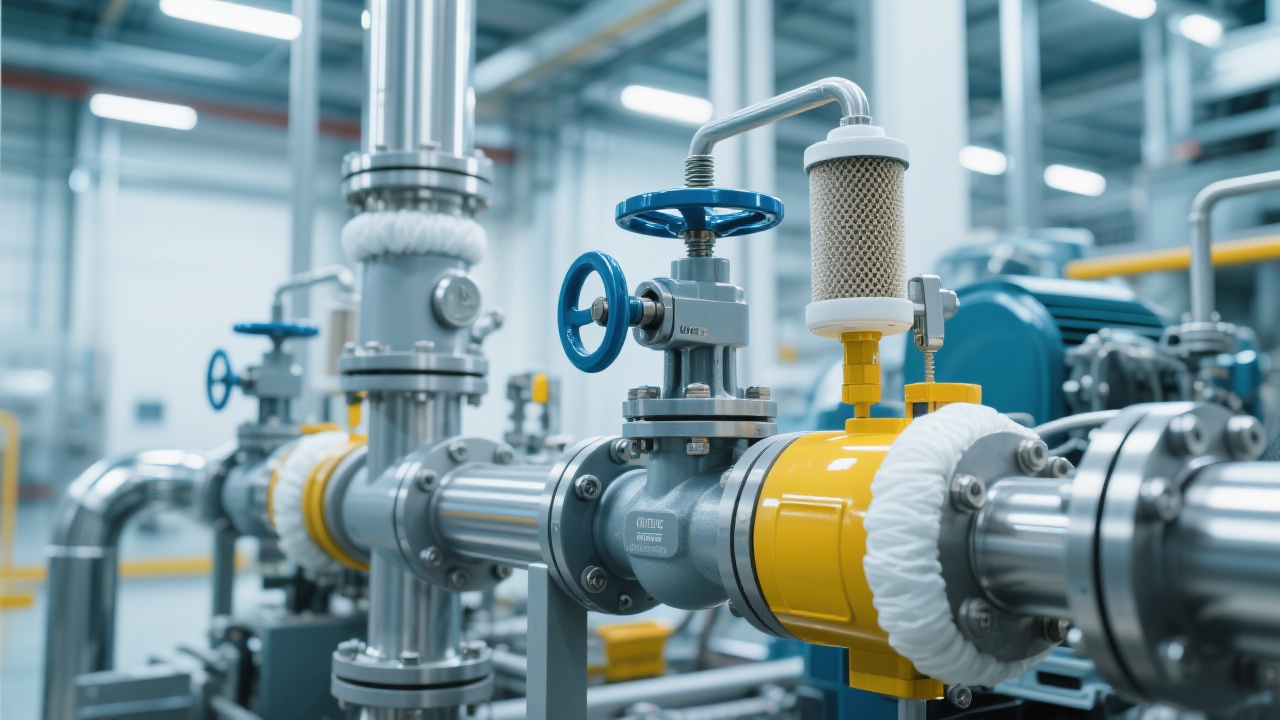
In the global edible oil industry, peanut oil presses are critical assets—especially for manufacturers targeting premium food-grade oils. However, as production volumes grow, so do concerns about operational safety, energy efficiency, and consistent output quality. In this article, we break down how modern low-energy peanut oil press machines integrate intelligent control systems, ISO9001:2000 certification, and multi-environment adaptability to deliver safe, reliable, and high-efficiency performance across diverse applications.
Modern peanut oil press machines now feature embedded PLC (Programmable Logic Controller) systems that monitor temperature, pressure, and motor load in real time. For example, a typical 300 kg/h capacity machine equipped with smart controls maintains an internal pressure tolerance of ±0.5 bar—critical for preventing mechanical stress or oil leakage during extended operation. This level of precision reduces unplanned downtime by up to 40% compared to older models without feedback loops.
| Parameter | Value |
|---|---|
| Oil Yield (Peanut Input) | 42–45% |
| Energy Consumption | ≤0.8 kWh/kg |
| Max Continuous Operation Time | 24 hours |
ISO9001:2000 certification ensures that every component—from stainless steel pressing screws to hydraulic actuators—is manufactured under strict quality management protocols. According to internal audits conducted at our certified facility, only 0.7% of units fail post-installation due to material defects or assembly inconsistencies. This is significantly lower than the industry average of 2.3%, which underscores the importance of standardized processes in achieving long-term reliability.

Whether deployed in rural processing plants in Nigeria or automated lines in EU-certified food factories, these presses demonstrate exceptional versatility. For instance, one client in Brazil reported a 15% increase in throughput after switching from manual to semi-automatic mode, while maintaining consistent oil clarity (measured via ASTM D1003 standards). Similarly, in humid environments like Southeast Asia, corrosion-resistant coatings reduced maintenance intervals from monthly to quarterly checks.
A German food processor specializing in organic peanut oil experienced a 22% reduction in rejected batches within three months after installing a new ISO-certified press. Their key metric—oil stability index (OSI)—improved from 3.2 hours to 5.8 hours, indicating better oxidative resistance. This directly translated into fewer returns and higher customer satisfaction scores.
If your business relies on safe, efficient, and scalable peanut oil production, understanding how advanced engineering meets global standards can make all the difference. Whether you're scaling up operations or upgrading existing equipment, these insights help ensure your investment delivers both performance and peace of mind.

